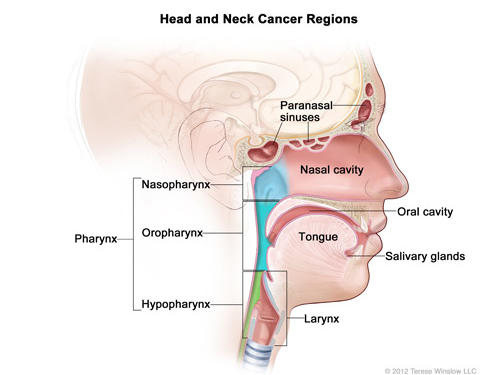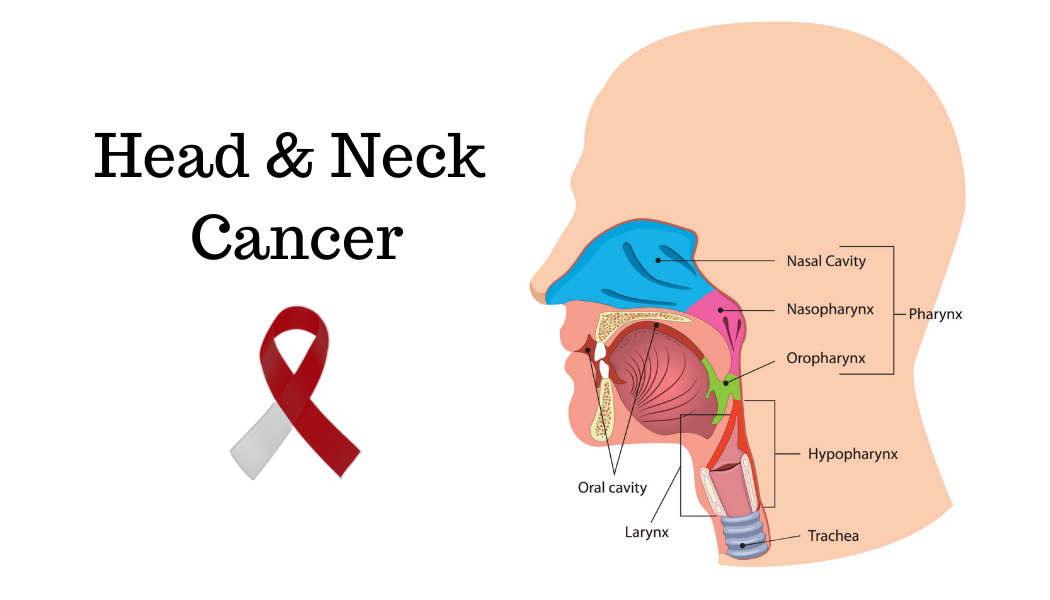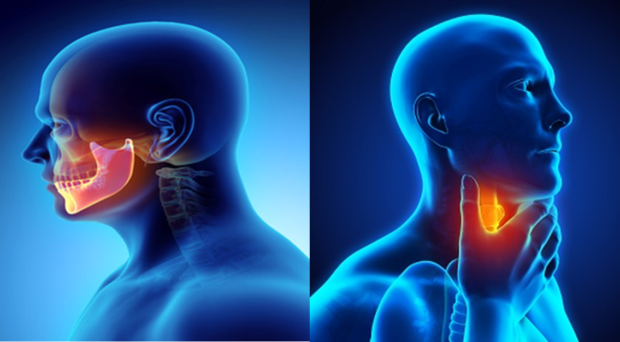


Head and neck cancers are a broad category of cancers that occur in the head and neck region.
Head and neck cancer treatment depends on the type, location and size of your cancer.
Treatment for head and neck cancers often involves surgery, radiation therapy and chemotherapy. Treatments may be combined.
After treatment, recovery from head and neck cancers may involve working with rehabilitation specialists and other experts to cope with side effects, such as hearing loss, difficulty eating, dental problems, thyroid issues, difficulty breathing or difficulty speaking.
Types
Tobacco
Tobacco use includes both smoking and smokeless tobacco (snuff and chewing tobacco). People who are exposed to secondhand smoke are also at a greater risk of head and neck cancer.
If you smoke or chew tobacco, you can reduce your risk of head and neck cancer — and the risk to those around you — by stopping now. If you’ve been diagnosed with throat cancer or are in treatment, it’s not too late to quit.
Alcohol
Drinking alcohol is major risk factor for head and neck cancer.
Cancer screening refers to the exams recommended by doctors to detect cancer before symptoms develop. The purpose is to find cancer at its earliest, most treatable stages.
At present, no screening method has been proven to improve survival for people with head and neck cancer. However, Memorial Sloan Kettering’s doctors advise a yearly physical exam of the head and neck by your primary care doctor. MSK experts also recommend a yearly routine dental evaluation. This should include an examination of the neck and inspection of the oropharynx and the mouth. To learn more, see our Screening Guidelines for head and neck cancer.
There are several ways to treat head and neck cancer, including: